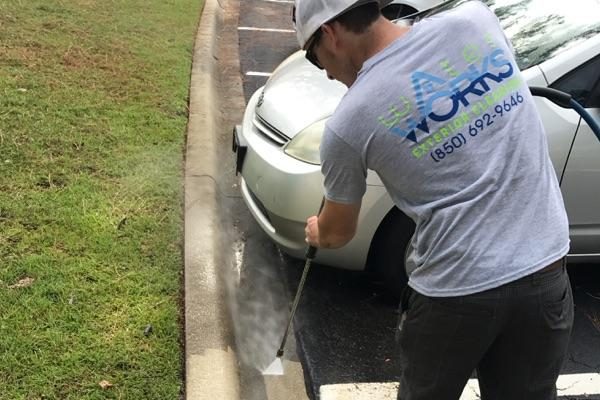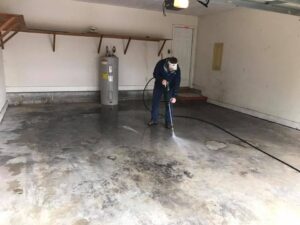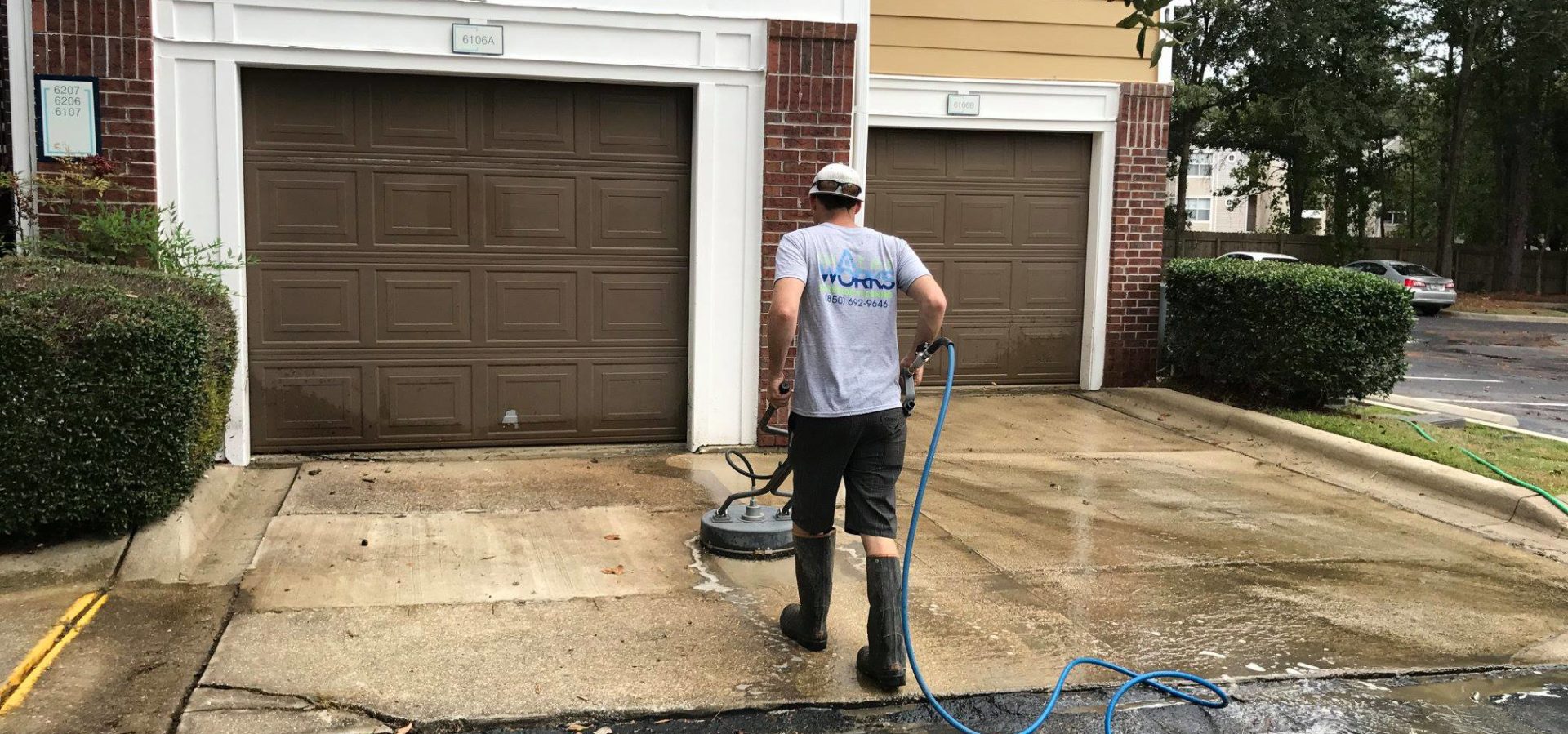Power Washing Vs Pressure Washing
When it comes to cleaning your home, it can be difficult to decide between power washing vs pressure washing. Ultimately, it comes down to your individual needs and what’s best for your house.
Both techniques use water at high pressure to clean the outside of your house and other buildings. However, one technique is better than the other at different tasks.

Heat
Power washing and pressure washing both use highly pressurized water to clean a variety of outdoor surfaces. However, they differ in the way they cleanse these areas.
The key difference between these methods is that power washing uses hot water, whereas pressure washers do not. This is important because hot water helps remove and dissolve tough messes like grease, salt, and mildew. Another benefit of power washing is that it can clean spaces where a pressure washer cannot. It also has the ability to clean spaces that are hard and thick, such as concrete or cement.
Pressure
Pressure washing is a powerful cleaning method that uses pressurized water to remove dirt, grime, and organic buildup. It also helps prepare your building for painting or renovations. It is a great way to remove stubborn mold and mildew, which can be damaging to both the home and your health. Moreover, pressure washing can help increase the value of your property, making it easier to sell when the time comes.
Power washing is a similar process, but it uses heated water to break down tough dirt and grime. This type of cleaning is ideal for outdoor areas such as driveways, patios, and decks. Your building’s exterior is constantly exposed to dirt, dust, mud, rain, smoke, pollution, and more. Over time, these contaminants can eat away at your paint, concrete sealant, and other surface coatings.
Professional pressure washing services can save you a lot of time and money by removing these harmful substances before they become serious problems. This preventative maintenance can also minimize slips and falls on your building’s sidewalk, walkway, and parking garage surfaces.

Chemicals
Power washing doesn’t rely on harsh or harmful chemicals to produce results, making it an eco-friendly alternative to most traditional cleaning methods. It also eliminates the build-up of harmful substances such as mildew, mold, algae, fungi, paint, grease, and other pollutants. It also improves the appearance of your home, attracting potential buyers and increasing its curb appeal. In fact, it’s considered one of the best ways to resell your property in today’s market.
However, this method isn’t without its drawbacks. It can cause damage to siding and other delicate surfaces, and it can easily tear up roof tiles. Professional power washing companies use specific chemicals based on the cleaning job they’re doing. Some of these include sodium hydroxide, ammonia, and bleach.
Safety
While it is true that power washing can be an effective cleaning method, it is also important to take safety into consideration when using this type of cleaner. It can cause serious injury if not used properly. A lot of people have had injuries from power washing, including lacerations and fractures. You should always wear protective gear and use the nozzle at a safe distance.
Another safety issue is the temperature of the water. Power washers use high-temperature steam, which can damage certain materials. Moreover, the pressure of the spray can cause lacerations and bruises if you don’t wear gloves or other protective clothing.
If you’re not sure which cleaner is best for your home, ask a professional to make a recommendation. They will be able to determine whether a power wash or pressure wash would work best for your specific needs. They will also be able to recommend the most appropriate detergent for your surface.
https://www.google.com/maps?cid=10454778498181166831







